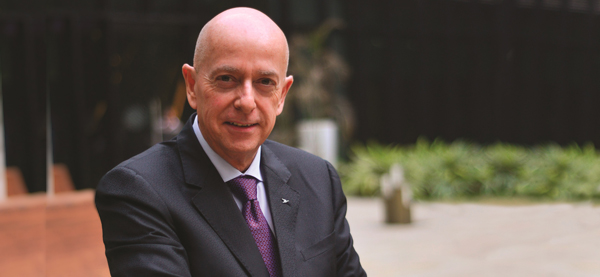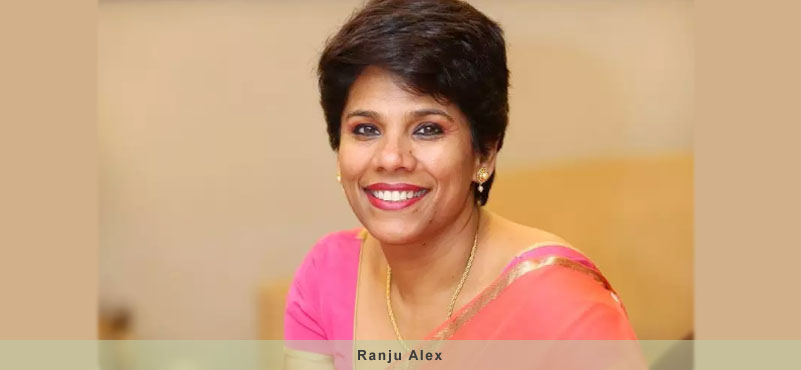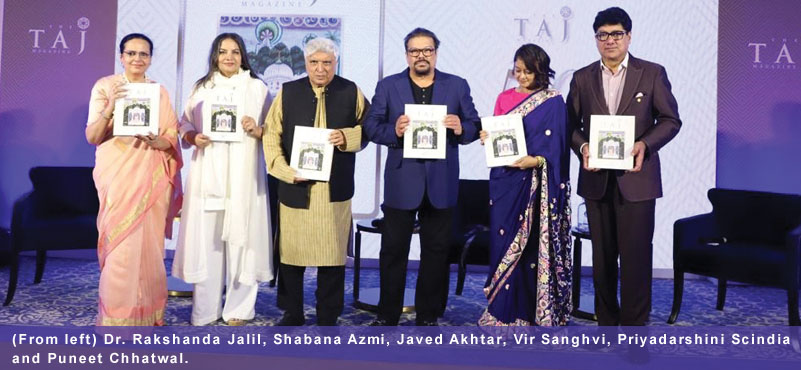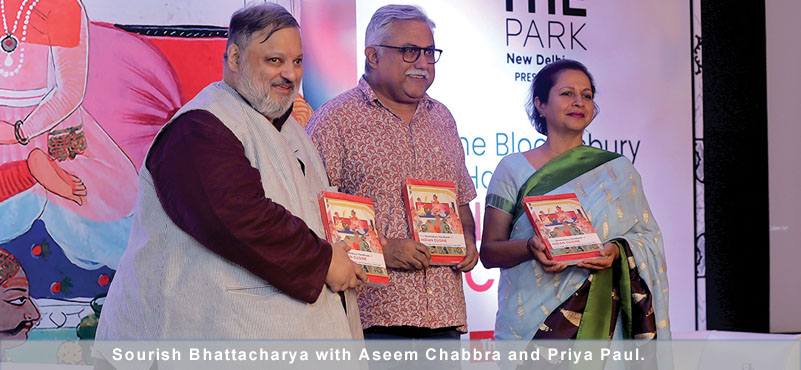Jean-Michel Casse, Chief Operating Officer, AccorHotels suggested that India’s luxury segment market was replete with opportunities and the French multinational hotel company was making a strident foray in the domestic market with its high-end brands. He termed Novotel ‘a core brand of AccorHotels’ which was pivotal to the group’s growth story in India. Also, after having acquired a significant presence in India, the group was going to be more selective in further development, he said. Excerpts from an exclusive interview:
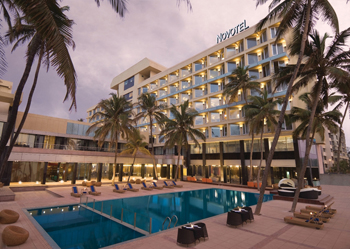
Several opportunities in the luxury space
The acquisition of Fairmont, Raffles and Swissotel had enhanced global opportunities in the luxury space for AccorHotels, and was also adding teeth to its footprints in India, shared Casse. He revealed that the hotel group was “in advance stages of discussions” for opening several hotels under these brand names in key business markets. “We are looking at a Fairmont hotel with 670 rooms at the Mumbai International Airport, a Raffles in Udaipur, and a Sofitel and a Fairmont in Goa,” he shared, giving certain details. He expressed confidence in the potential for growth in the luxury segment.
Business in the Indian market was primarily being led by large cities and leisure destinations, he suggested. “Goa still offers a lot of opportunities in the luxury space. Mumbai and Bengaluru, too, provide good opportunities,” he said, noting that AccorHotels was keen on more prospects in the Delhi market.
Goa, a key leisure destination, had registered stagnation in occupancy rates in 2017, but the trend was being compensated by a higher average room rate, he shared, giving more insight in to the Goa market. He attributed the slide in occupancy rates to an increased supply of inventory, especially, in north Goa.
Novotel a core brand for AccorHotels
Novotel had been the “preferred brand for AccorHotels” not only in India but globally, he unequivocally said, stating that “Novotel was a core brand of AccorHotels, and its presence in terms of positioning, success story and brand was immaculate.” He shared that the French multinational hotel group’s first property was a Novotel in France, indicating the brand’s importance in the pecking order for the company. He made a specific mention of Novotel Hyderabad Convention Centre and credited it for lending the hotel group “amazing visibility and brand recall” in India.
Accorhotels was in the process of adding ten more Novotel hotels to its already existing inventory of sixteen hotels, pushing the tally to 26 hotels in India, he noted. “In the next 2-3 years, we will add ten more hotels and will have a total of 5000 rooms under the Novotel brand,” he said.
Having acquired a significant scale in India – AccorHotels operated 45 hotels and was tantalizingly close to having an inventory of 10000 rooms in 2017 – the group could afford to be “more selective in terms of development”, Casse reflected. “We are not focussing on the number of hotels we have, but on the quality of product on offer,” he said.
On IBIS and IBIS Styles
IBIS has grown in to a formidable entity, acquiring a market for itself in the budget segment space. Buoyed by its success, AccorHotels has planned a dedicated campaign in early 2018 to celebrate its ten years anniversary and further cement its brand positioning. While its foray in the Indian market was expected to continue unabated, its newer avatar – IBIS Styles- was a more “flexible product tailor-made to meet guest expectations” and was ideally suited for leisure destinations like Goa, Casse explained. “IBIS Styles Goa Calangute is a result of that adaption in the product feature. It has 21 sq. mts. rooms as opposed to 17 sq. mts. in IBIS. It has amenities for kids, two swimming pools, a balcony in rooms,” he said, detailing the difference between the two brands.
MICE business being driven by the domestic segment
The size and capacity of the hotel was one of the major restricting factors in driving large-scale MICE movement, Casse said, arguing that the business in the segment was going to be limited to hotels offering large convention space.
He hailed Aerocity as a one of the only places in Asia with “such convenient facilities so close to the airport” and noted that it had created a market for itself in the MICE segment. Aerocity had also given some competition to the Delhi market, he suggested.
Making a mention of Convention Bureau of Aerocity – an association of five hotels in Aerocity, aimed at creating visibility and outreach – he shared that their efforts had already attracted domestic conventions. “International MICE movements have a long booking-window period. So, it will take some more time before international conventions come there,” he reasoned.
On the question of whether AccorHotels was keen on operating the upcoming convention centre in Dwarka, he cited the scale of the undertaking and the lack of know-how as reasons for abstaining from the process. “It is too big and not much of a convention centre but an exhibition centre. It requires professional expertise to not only operate but to network and bring biggest international events. It is another league,” he confessed. He, however, added that “AccorHotels was looking at the opportunity to operate the hotel in Dwarka”.
He also mentioned that international businesses were back in Hyderabad and the period of lull was behind the industry in the city.
Taj Mansingh must remain with the Taj Group
Jean-Michel Casse declared that AccorHotels was not in the race to acquire the Taj Mansingh building which was expected to go under the hammer shortly, and backed Taj group’s effort to retain the property. “Taj is so much in the heart of it that it would cost a fortune to do something different there. Also, it so connected to people in the city. It is an iconic property,” he said, forecasting that Taj Group was going to pull out all stops to continue operating there.
India can sometimes be a difficult market
Government measures like GST and demonetization were temporary “setbacks” but were good measures for the market in the long-run, Casse noted. Although, he was quick to add that issues such as liquor ban were counter-productive to businesses and investments made by the group, concluding that “such developments were a little disturbing.”

